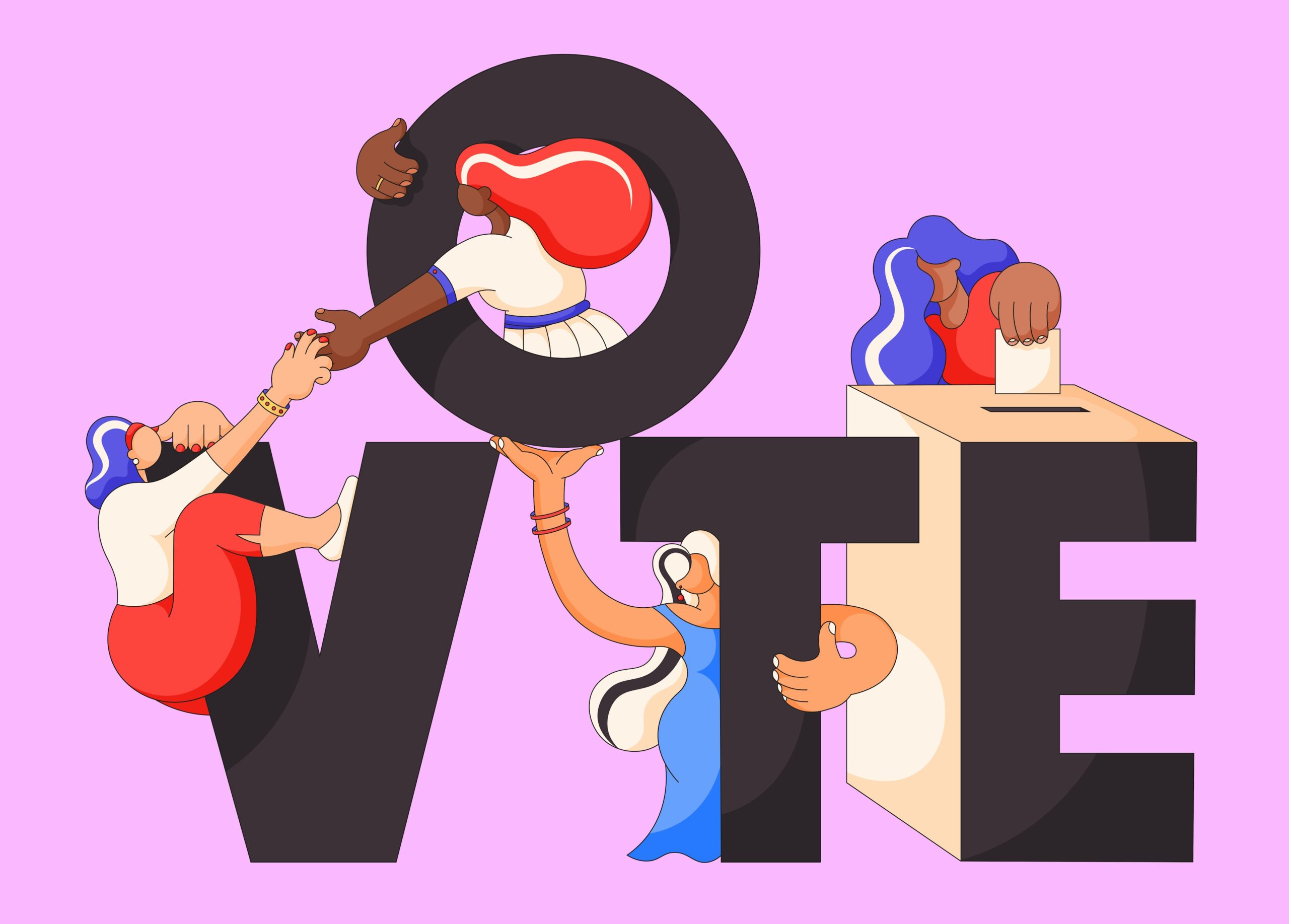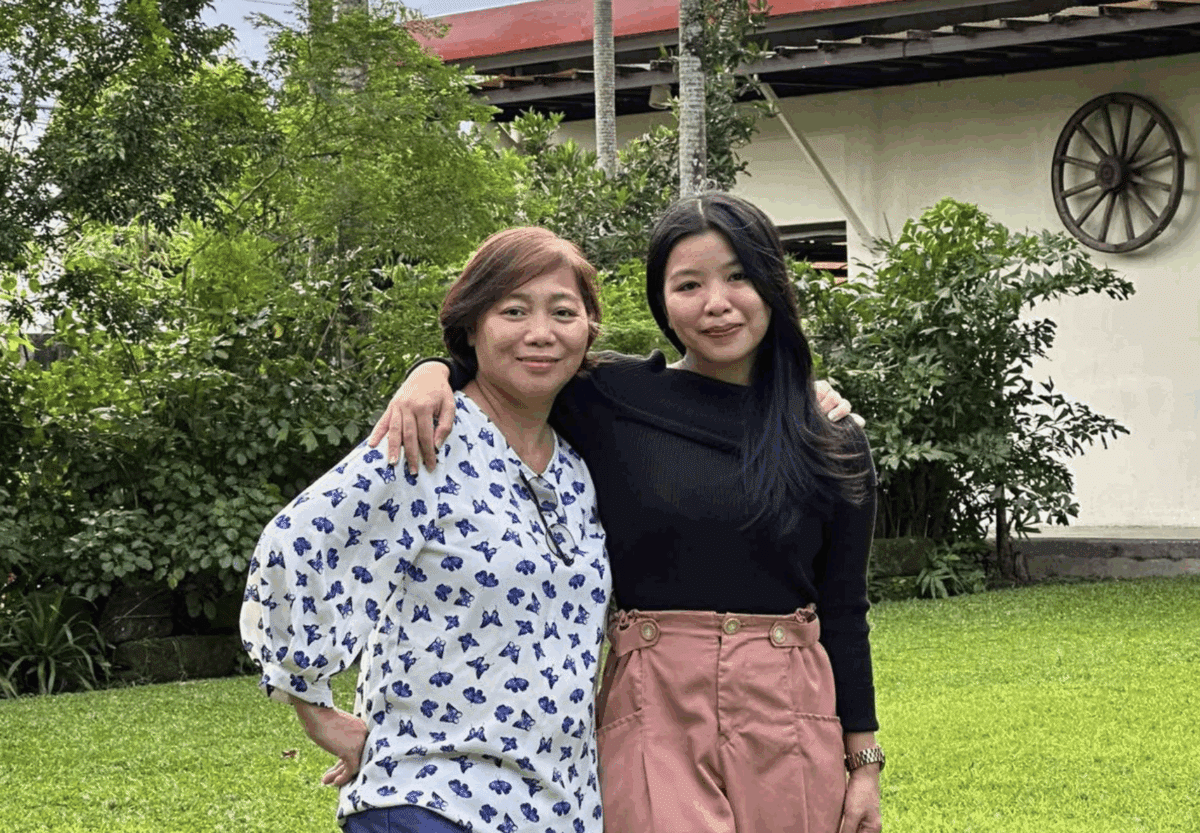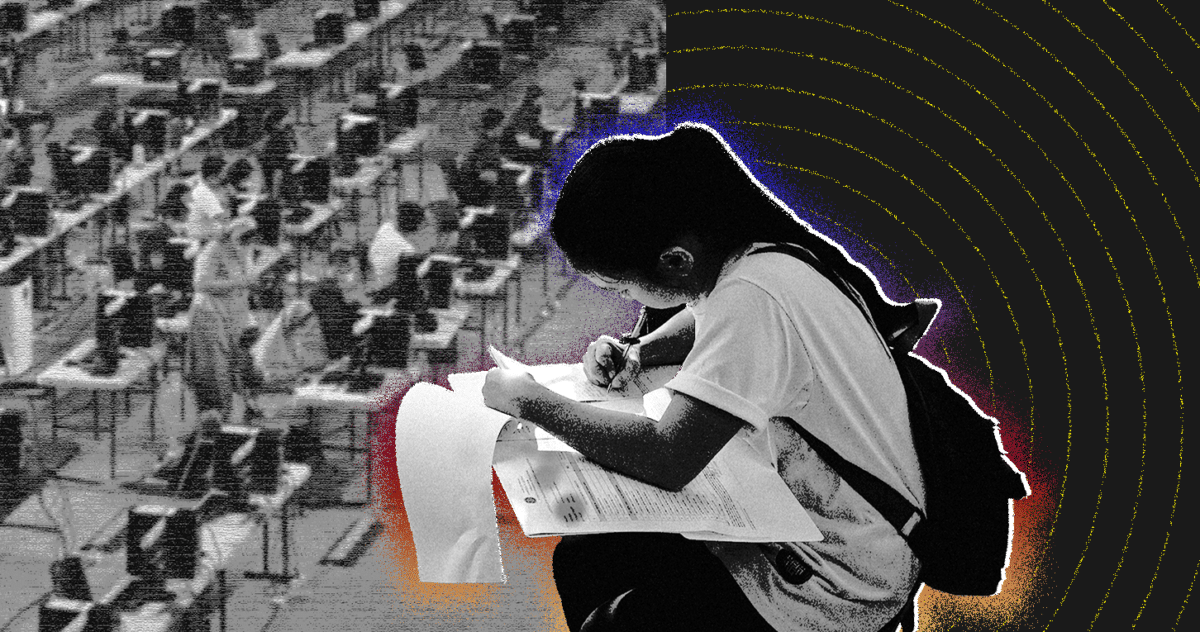Filipinos have a peculiar relationship with voting.
Currently, thousands of viewers drain their wallets just to save their favorite “Pinoy Big Brother: Celebrity Collab Edition” housemate every two weeks. The highest one can spend on a single vote is P100. From reality shows to talent contests, we’ve been accustomed to participating, even parasocially, for the fate of other people, that the phrase “[Insert quick solution to minor inconvenience here] send to 2366” has been a running gag online for years.
From beauty contests to singing competitions, we’re willing to fight tooth and nail just to lead our faves to victory. We’re so used to this behavior that it has come to a point where we need to be reminded that we can’t apply the same knee-jerk response of campaigning for this year’s papal conclave.
The Philippines is deemed a collectivist society, which means “the interests of the collective often override the interests of the individual. Filipinos generally feel a strong sense of pride towards their group and will celebrate their pride through sharing stories or facts about their family, barangay (village) or town,” writes Cultural Atlas. This is why it’s not strange to us to instantly gather and build groups even for the most unexpected reasons.
Our relationship with voting, though, gets trickier when the elections arrive. Most of the time, the country ends up ushering self-serving candidates, plunderers, morally corrupt individuals, and politically inexperienced or questionable political dynasty bets to the seats of power
Our relationship with voting, though, gets trickier when the elections arrive. Most of the time, the country ends up ushering self-serving candidates, plunderers, morally corrupt individuals, and politically inexperienced or questionable political dynasty bets to the seats of power. As a culture who treats the act of voting passionately, one of the problems may involve how we reach our final choices—and, maybe, how we see the value of our vote in the first place.
“All elections are relational in nature—meaning, their importance depends on how a voter regards his/her vote in relation to the practicalities of their daily lives,” writes Randy David in his column “Public Lives.”
Three years ago—during the 2022 national elections, to be exact—I worked on this social media card with my former workmates. While it received an outpour of affirmations, the collective remark at the other end of the spectrum would say, “Why are we dictating other people’s decision-making process? Where would empathy take us?”
Now in 2025, it has become more challenging to answer this, as the hope that ignited in the previous elections has dwindled, too. Among my peers, although there are still hopeful and optimistic ones who haven’t backed down, I’ve mostly been weighed down by the air of defeat. Those who became politically proactive for the first time were only met with disappointment, prompting them to reassess if doing the same efforts again would even matter.
We’re in a constant rotation of thinking of uprooting to anywhere but here (although we can’t afford to do it), ranting about how our taxes eat up our inadequate salaries, and joking about how it’s a labyrinth to love this country, that even the daily act of going to work feels meaningless, given the absence of a solid future. Personally, I also had a hard time writing this piece because I haven’t been sure where to get hope from anymore.
In one way or another, the power we’ll bestow upon the next officials will serve as our ticket of participation, where it’s the next decision on the budget allocation for education, protection of the marginalized, preservation of our environment, safeness of our roads, and many more
But come to think of it, there are bigger odds at stake if we surrender to this feeling of loss. Many of our countrymen, after all, only have this life as their choice—so what happens if we all gradually give up? As a democratic country, our vote is one of the things that we rightfully have; something fought for by the brave souls who came before us. Our vote is also a letter to the future generations—and if that idea overwhelms you, you can start with those who are younger than you in your families, close circles, or communities. In one way or another, the power we’ll bestow upon the next officials will serve as our ticket of participation, where it’s the next decision on the budget allocation for education, protection of the marginalized, preservation of our environment, safeness of our roads, and many more.
Unsure where to get hope before the midterm elections on Monday? Here are a few helpful thoughts:
That the youth is a huge chunk of the voters
Gen Zs are often dubbed “snowflakes” for being sensitive and vocal about things that don’t work. But if you look closely, it’s rarely because of selfish reasons, especially when it comes to social issues. This is why it can be a silver lining that among the 68.6 million registered voters for the midterm elections, about 20 million are Gen Z, as estimated by Comelec Chair George Garcia.

In a WARC article, BBDO Guerrero’s Sadie Gatchalian reveals that 72 percent of Filipino Gen Zs learn about societal and political issues via social media, with one in two linking this phenomenon with anxiety about the world. While these feelings are valid as they are, the youth can eventually translate these into concrete action—and we’ve had a lot of examples in the past, whether it’s through climate activism initiatives or protests in remembrance of history.
An Inquirer article reports political analyst Edna Co’s view of the youth’s impending influence in the elections, through a TV interview in a mix of English and Filipino: “Gen Z voters are what we call ‘the digital generation.’ They’re not just passive receivers of information—they can also be active participants and shapers of how technology is used and how information is spread through digital means. They’re also the ones educating voters from other age groups.”
That your vote can contribute to a system that won’t need band-aid solutions
Everything is political. This was further amplified because of recent events, like the infrastructure that fail us, education crisis, inflation rate, additional taxes, and more. How our country operates is based on the decisions made by the people in power, which gradually spills over to how we operate daily. We can’t always squeeze our resources to donate to the victims of a supertyphoon, but we can contribute to how these people are sustained and sheltered beforehand.
Voting for the right people can help us quit the seemingly default act of relying on band-aid solutions. Imagine the possible long-term fixes that can be created. That, alone, makes the effort to vote worthwhile
We can’t always accompany our friends to make sure they are safe wherever they go, but we can choose the lawmakers who will protect their rights in whatever scenario. We can’t visit every school in far-flung areas to bring school supplies, but we can help ensure that our next officials prioritize these children’s education in their plans. We can’t always chip in for a young artist’s or a budding athlete’s call for donations, but we can elect candidates who can genuinely connect them to rare opportunities. Voting for the right people can help us quit the seemingly default act of relying on band-aid solutions. Imagine the possible long-term fixes that can be created. That, alone, makes the effort to vote worthwhile.
That being present in your precinct is an act of resistance
In a Philippine Daily Inquirer article, Anna Cristina Tuazon writes that learned helplessness is beneficial to authoritarianism: “The solution to learned helplessness is clear examples of good governance. We need to show that good change is more than just possible, it already exists.”
As an individual, you represent “only” one vote to cast—and so does everyone else. There’s nothing braver than maximizing all that you can offer, even if you feel like it’s such a miniscule thing in the grand scheme of things. As political content creator Nikka C.G. (@nikka.cg) says in a video, there’s still a chance for our country to progress, but it would need individual sacrifices. Sounds like a tall order, yes, but a shift of perspective can also tell us that it’s great that we can actually do so much.

Entities like “PBB,” beauty pageants, and talent competitions definitely don’t hold the same importance as the national elections, but it can prompt us to revisit what fuels our choices. Are they centered on our personal preferences alone, or are they for the greater good? Are we picking names for short-lived satisfaction, or are they for long-term results?
To see our election vote only as a medium to do something in vain is a disservice to its value. To see it as merely picking biases is underestimating the power it holds for us and the person next to us
To see our election vote only as a medium to do something in vain is a disservice to its value. To see it as merely picking biases is underestimating the power it holds for us and the person next to us. It’s time we utilize our collectivist nature to drive more empathy, rather than to prove a point or carry pride just for the sake of it.
It’s true that the elections can’t change the country overnight, there are bigger battles after and outside of it, and it’s not impossible to feel let down again. But in the bigger picture, it’s still worthwhile to create even a dent. The numbers we’d produce would be a statement in itself: We’re still here in this country, we’ve been here long enough to see its ills, and we will steer its direction up until we no longer can’t.










































